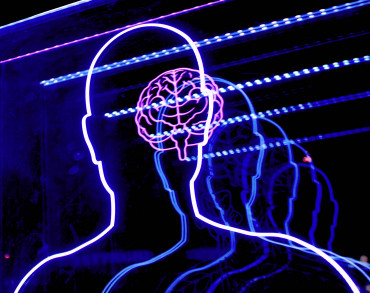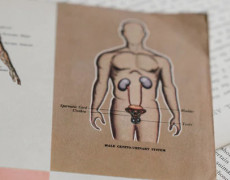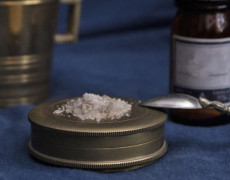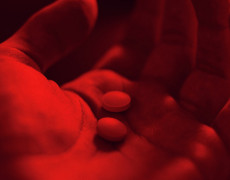What does ketamine do?


Ketamine is a sedative drug, or dissociative anaesthetic, developed in the 1960s for medical use. But what does it actually do?
In a medical setting, ketamine is used intravenously as an anaesthetic. It has sedative, analgesic and amnesic effects. Because of this, it can be used for acute pain management in a hospital setting.
It’s tasteless and odourless, and usually appears as a clear liquid, or a white to off-white powder. It can be sold illegally in pill or capsule form.
Ketamine has become quite popular as a club drug, and New Zealand is no exception to this. Over the last few years, there’s been an increase in ketamine use in NZ and KnowYourStuffNZ saw an increase of it being used across the 2019/20 festival season.
While no drug use is the safest drug use, if you’re thinking about taking ketamine, it’s important that you understand the risks.
Stay safer by staying informed. Sign up to receive alerts and notifications about any dangerous drugs in NZ. Check out the alerts page to see what we've already found.
What are the immediate effects of ketamine?
People who take ketamine often describe a floating sensation, and feeling separated from their body. It can also produce visual hallucinations, and delusion. Some people also describe a feeling of complete sensory detachment. Other effects can include dizziness, and vomiting (especially when taken with alcohol).
Taking a high dose of ketamine can lead to a state of total dissociation called a ‘K Hole’. This is when someone seems unresponsive, while at the same time experiencing vivid hallucinations. This can lead to feelings of powerlessness, and cause distress.
The effects of ketamine usually start within 7-20 minutes, peaking between 30-60 minutes, and the after effects can last from 2-12 hours. It’s important to keep in mind that ketamine stays in the system after the effects stop, so taking more can lead to stronger effects than expected.
It can be fatal, particularly if mixed with other drugs like sedatives.
What are the long-term effects of ketamine?
There is little research into the long-term effects of ketamine use, however there are reports of chronic use leading to long-term cognitive effects, including memory impairments and reduced psychological wellbeing.
There are reports that regular users experience bladder problems – including UTIs, cystitis, and a risk of an ulcerated bladder. Seek medical advice and do not take ketamine to reduce the painful symptoms.
While no drug use is safe, there are some steps that can help reduce the risks.
- Low doses are safer. The K Hole can be a very disturbing experience, especially if it wasn’t the intended effect.
- Avoid redosing. Ketamine has a cumulative effect and it is easy to push it too far.
- Avoid mixing drugs, including alcohol – the combined effects can be unpredictable and increase risk.
- Especially avoid mixing ketamine with depressants like alcohol, benzos and opiates. The combined sedative effect increases the risk of choking, overdose or losing consciousness.
- As with all drugs, it’s better to have people around that you trust and who have knowledge of first aid.
What to do in an emergency
If you think someone is suffering from an overdose:
- Call 111 immediately and ask for an ambulance.
- Don’t panic. Stay calm.
- Keep yourself safe. Watch out for used needles and blood on the bed or floor etc.
- Check if the person is conscious by gently shaking them and calling their name or asking if they’re ok. This may bring the person round.
- If the person does not respond, check whether they are breathing.
- Check their airway. Tilt their head back enough to open their airway. Remove anything from their mouth like food or vomit.
- Are they breathing? Put you ear next to their mouth. Can you feel any breath? Is their chest rising?
- If they are breathing put them in the recovery position.
- If they are not breathing start CPR.
If you have any concerns about your own drinking or drug taking, get in touch with the Alcohol Drug Helpline on 0800 787 797, or text 8681. You’ll be able to speak with a trained counsellor who can provide you with helpful information, insight and support. They’re available 24/7, all calls are free and confidential. You can also chat to the team through their website.
Latest Articles

15 Apr 2024
Thinking of using GBL/GHB?

12 Apr 2024
Ketamine and bladder damage – know the risks

8 Mar 2024
Synthetic cathinones explained

22 Feb 2024
What’s happening with synthetic cannabinoids?

31 Jan 2024
What is tuci?

19 Jan 2024
Answering some common questions about MDMA

10 Jan 2024
Understanding the risks of the comedown

5 Jan 2024
Looking after your mental health

15 Dec 2023
Tips for a safer night out

12 Dec 2023
To mix it is to risk it
